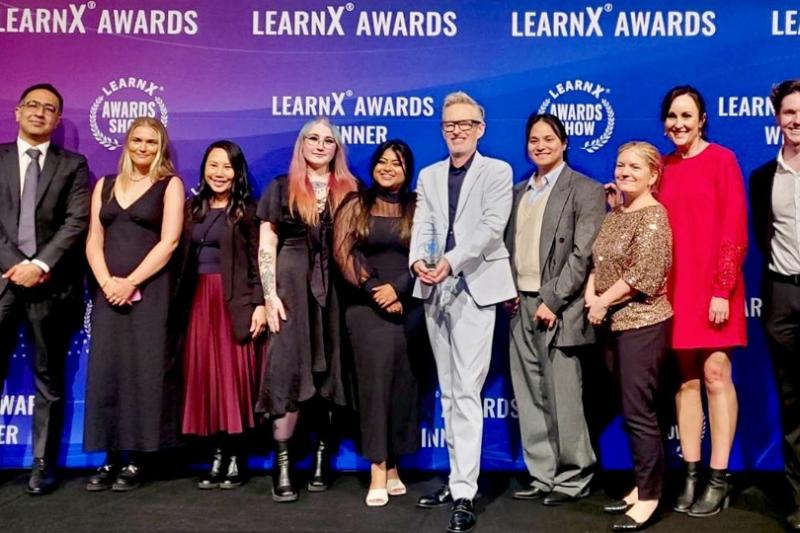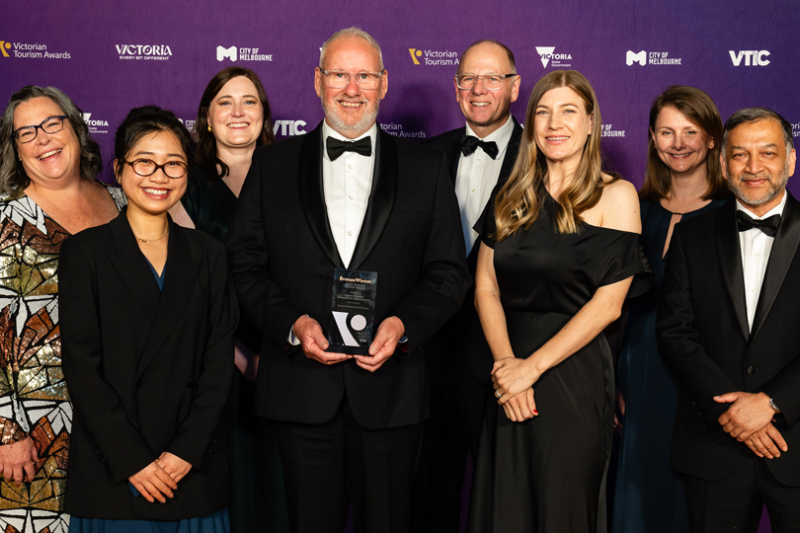Wyndham Support Services for marginalised communities

Victoria University is partnering with Wyndham City Council to develop a framework for creating an accessible support network for ethnic and religious minorities living in the municipality.
VU researchers Dr Mario Peucker, Associate Professor Tom Clark and Holly Claridge will work with minority communities and local community service providers to identify barriers that prevent those experiencing prejudice-motivated harassment and discrimination due to their ethnic, cultural, racial or religious background from seeking support.
“The aim of the study is to develop an adequate support service infrastructure that has low barriers of entry for members of minority communities within the Wyndham area,” Dr Peucker said.
“Once developed the support structure should also help build capacity for existing community services so they are better able to assist members of marginalised groups experiencing racism, discrimination and abuse.”
While action is being taken by various government organisations to tackle discrimination and racism, some communities continue to experience stigmatisation, marginalisation and prejudice-motivated harassment and abuse.
“It’s a matter of looking at if individuals from ethnic and religious communities report experiencing this type of harassment and abuse, who they report it to, and what type of support they expect or need,” Dr Peucker said.
“Some individuals who are experiencing abuse and harassment may go to the police with their concerns. But, the police may not always be best placed to assist and provide the desired support, also because many of these incidents are below the criminal threshold.
“As part of the study we will also look at existing support services for affected communities and identify gaps and barriers that may stop them making use of these services. From this a support-services roadmap will be developed so marginalised community members know where to go to receive adequate support when they encounter harassment or discrimination.”
Dr Peucker said he believed there is a massive level of under-reporting of these types of incidents and while there have been initiatives aimed at encouraging reporting, not much seems to have changed.
“I am not aware of any council in Australia that has a systematic approach to providing support to people who experience these types of incidents. Wyndham was chosen for this pilot study because it has a highly diverse community and is one of Victoria’s fastest growing municipalities,” he said.
The research study is supported by the Scanlon Foundation, and, once complete, the framework will also be useful for other municipalities to help establish essential services to marginalised members within the local community.



